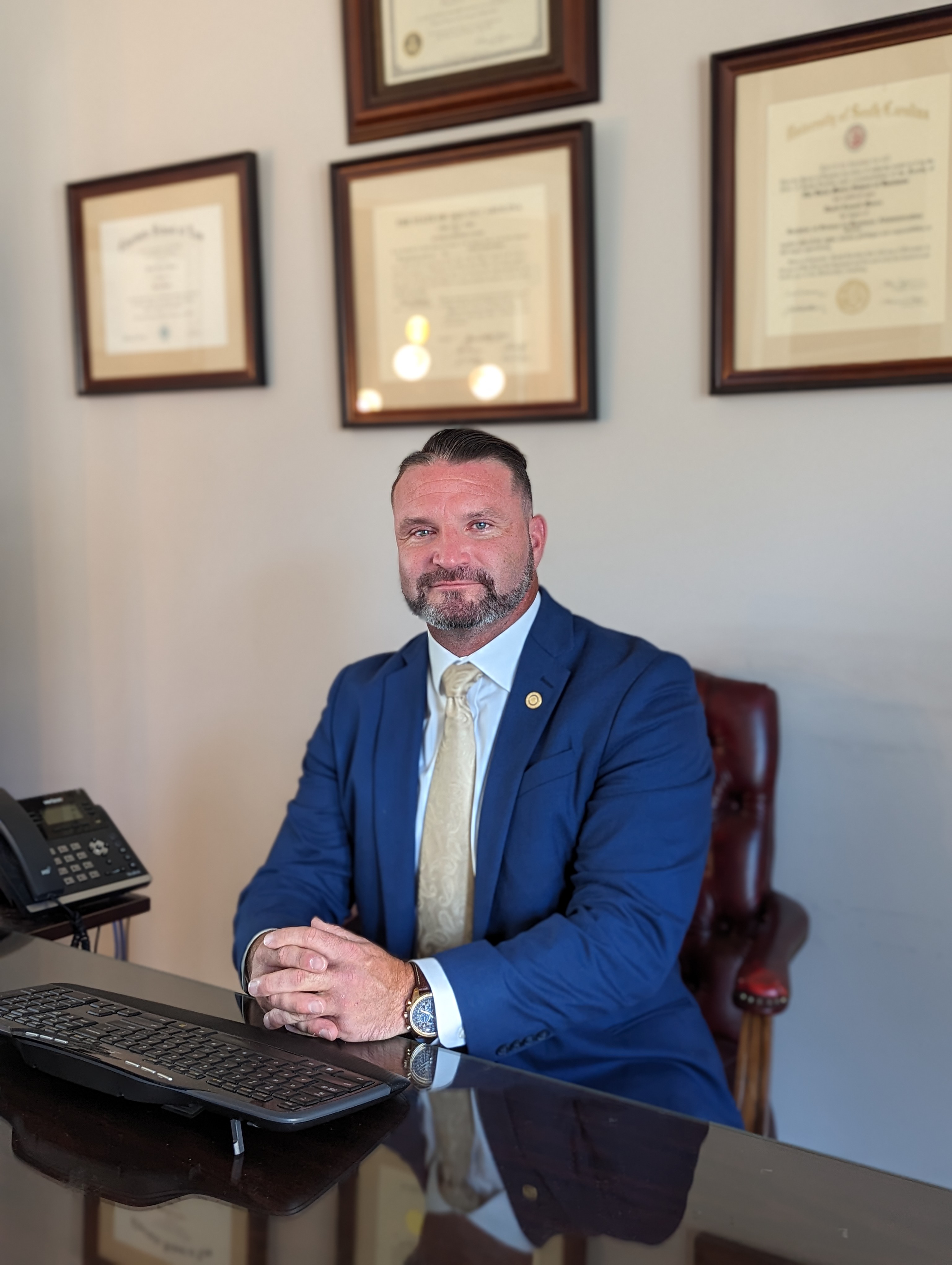What You Need to Know
Accidents can happen when we least expect them, and in the chaos of the moment, decisions about medical care can be made without your consent. This raises a critical question: Who is responsible for paying the ambulance bill if you didn't request it? In South Carolina, like in many parts of the United States, the issue of ambulance bills can be a significant concern for accident victims.
Understanding Care and Consent
Imagine you're in a serious car crash, and a bystander witnesses the accident and calls 911 to get help. In such situations, it's not uncommon for both police officers and ambulances to arrive at the scene. Emergency Medical Technicians (EMTs) are trained to provide first aid and assess injuries. If you're bleeding, in severe pain, or suspect you have a broken bone, it's typically a wise choice to accept this initial care.
Here's where it gets tricky: You usually won't receive a bill for ambulance services unless you're actually transported to the hospital. While it's advisable to see a doctor following any car accident, you generally have the right to refuse hospital transport, even if EMTs recommend it, in most cases.
However, if you're in a condition where you can't provide consent, such as being unconscious, severely incapacitated, or showing signs of a brain or spinal injury, EMTs may make the decision to transport you to the hospital without your explicit agreement. Unfortunately, in these cases, you will be billed for the ambulance services, which can be a significant unexpected expense.
Seeking Legal Assistance
This is where having a skilled attorney by your side becomes invaluable. Your attorney can engage with the ambulance billing companies on your behalf, explaining the unique circumstances of the accident. They can emphasize that you didn't request ambulance services and might be able to negotiate a reduction or even the elimination of the bill.
However, if you find yourself still facing an unexpected ambulance bill, along with hospital expenses, there are options available to you.
Managing Your Medical Bills
Many individuals struggle to manage medical bills after a serious accident, but your attorney can be a crucial ally in this situation. They may be able to connect you with a doctor who accepts "lien care." Essentially, this means that the doctor agrees to postpone payment until your case is resolved. Similar to your attorney's fees, the doctor will only be compensated once your case reaches a resolution.
All of your medical bills, both current and future, will be considered part of your damages during the legal process. Your attorney will work diligently to secure the maximum possible compensation, aiming to alleviate the burden of ambulance fees and hospital bills. This approach allows you to focus on your recovery without the constant worry of mounting medical expenses.
In South Carolina, as elsewhere in the United States, ambulance bills can be a source of stress for accident victims. However, with the right legal guidance and support, you can navigate these challenges and work towards obtaining the compensation you deserve after an accident.





.svg)






